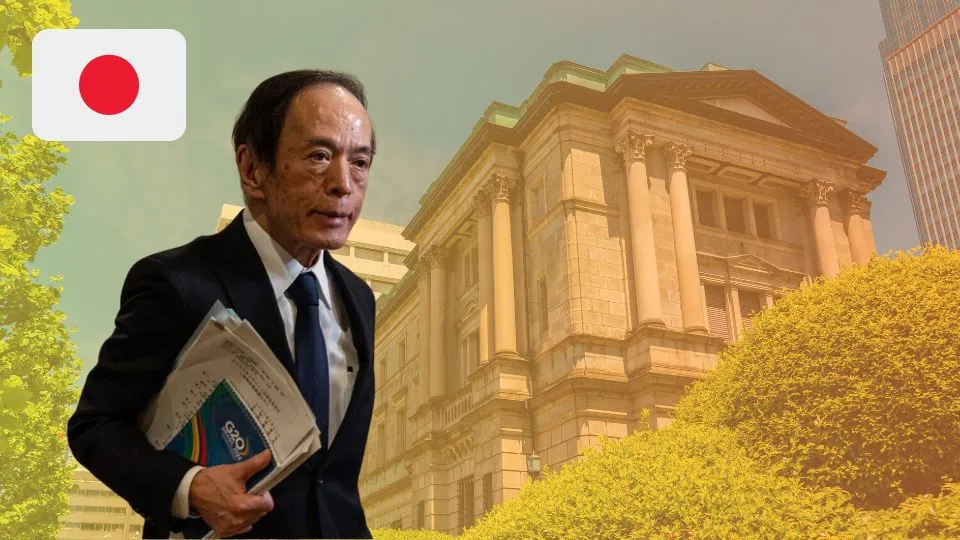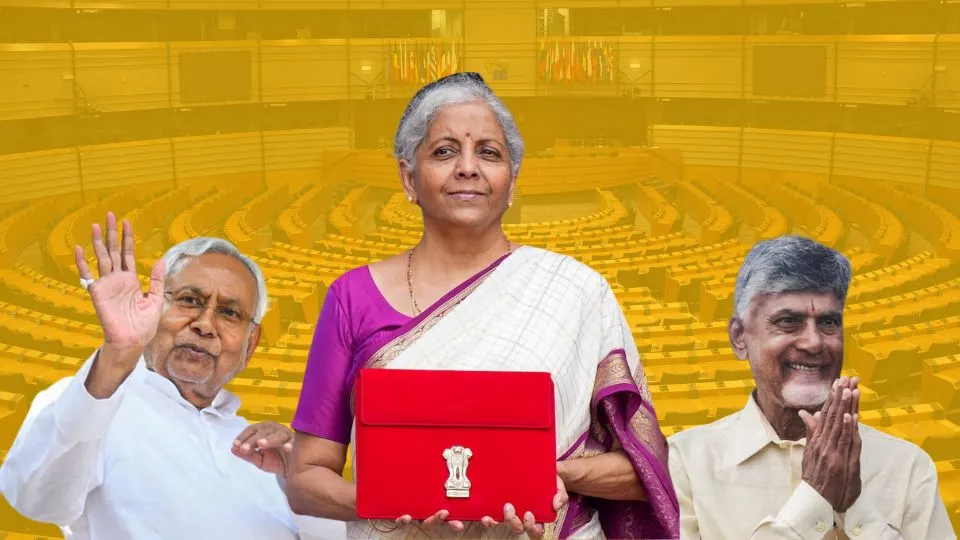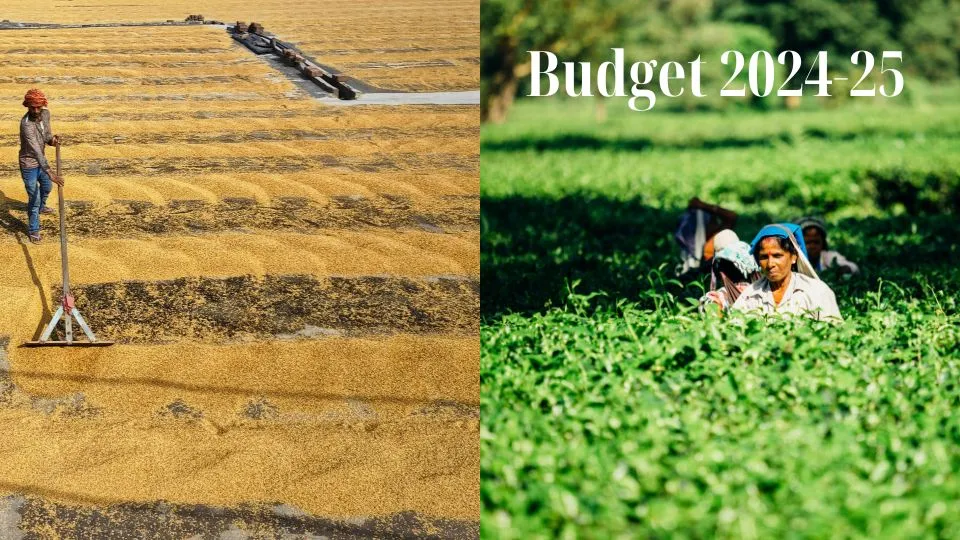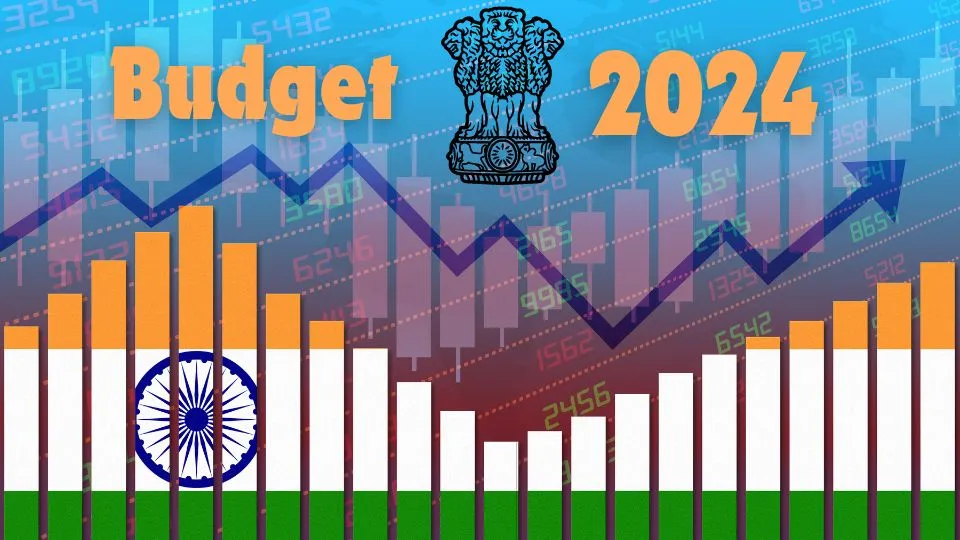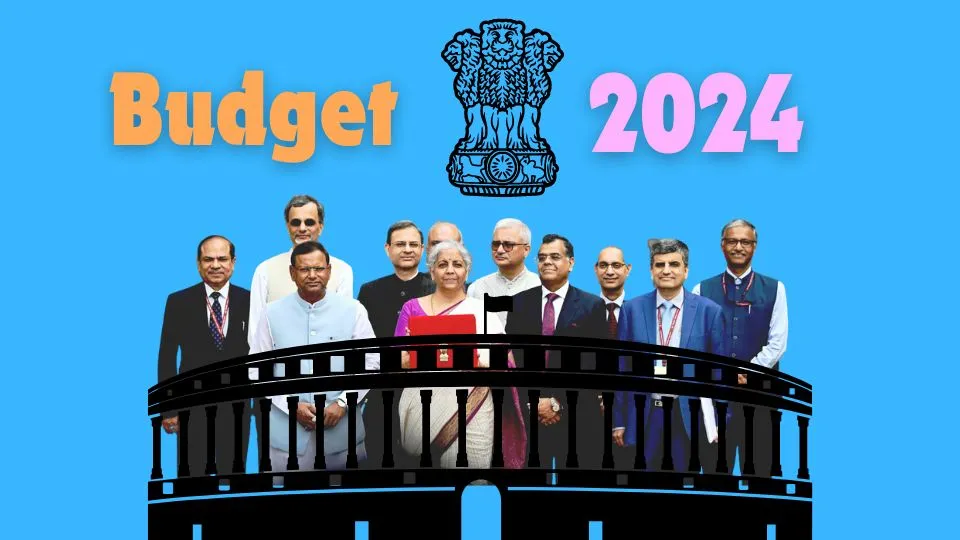For the last two decades, the country has been heavily dependent on its off-shore financing sector, where the bank used to provide several financial services to foreign investors. The island nation might be isolated, but the flow of capital into and out of its economy has no restrictions as Mauritius is into double tax avoidance agreement with several other countries along with a low capital gains tax.
Mauritius’ economic history
After independence in 1968, experts had very little hope for the country’s economy due to its sugar dependency, diverse ethnicity, and huge population, but it has largely defied these predictions as the per capita income has jumped almost 40 times in the last sixty years, from USD 260 in the 1960s to USD 10,000 in 2021.
Growth in the 1970s was fueled by industrialization but it soon plunged into crisis as the sugar prices fell. In the 1980s, they liberalized the economy and built an offshore financing center, which led to rapid economic growth for the next 30 years.
Uncertainty as a tax haven
The tax treaty with India became the most significant means for development of the Mauritian economy as huge funds moved through Mauritius into India because of its low tax rates. As per MeA, Mauritius-based funds have made investments worth USD 161 billion in the two decades from 2000 to 2022 (26% of total FDI inflows into India)
But the country has slipped to third position as Singapore becomes the preferred destination for investments.
The reason could be understood by the Indian government’s agreement on the OECD’s demand to remove capital gains exemption and also by the amendment of the double tax avoidance agreement in March 2024.
What now for Mauritius?
The country, which used to be a case study for other African nations for its economic success in the 2000s, now faces doldrums as the amendments are likely to affect the country’s growth.
The financial sector is not as diversified or specialized as Singapore’s, which leaves Mauritius to look out for new avenues for foreign funds, as they are still heavily reliant on imports. The country needs a new economic pillar more than ever before.
About the Author
Akshat Jain is pursuing his post-graduation from School of Economics, DAVV. He is interested in economics, research, music and literature.






